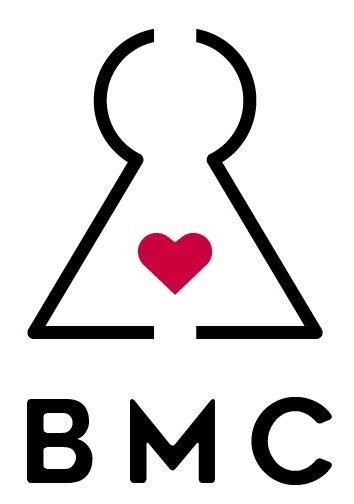Dealing With Change - Theo Cope
Key Takeaways
Our mindset and beliefs powerfully shape our physiology and reality
Recognizing and managing negative thought patterns is key for facilitating change
Mindfulness practices help increase awareness and self-directed neuroplasticity for change
A balance is needed between accepting bodily signals and using the mind to direct change
Topics
Resilience and Dimensions of Change
Resilience involves physical, cognitive, social, and imaginal (embodied imagination) dimensions
Focused breathing exercise to increase present awareness
Expectations and Mindset
Expectations and mindset shape our experience (placebo effect examples)
Having a growth mindset increases openness to change
Psychological Aspects of Change
Change can be intentional or forced, evoking different psychological processes
The cycle of change involves stages like pre-contemplation, contemplation, action, relapse
Doing a SWOT analysis can help manage the shock of forced change
Stress and Change
Reframing stress as helpful energy can enhance performance
Stress can motivate excelling, empathizing, realizing need for exit, etc.
Mindfulness helps create space between stimulus and reaction
Facilitating Change
Identify and modify negative automatic thoughts and thinking patterns
Use worksheets and exercises to increase awareness of thoughts/feelings/behaviors
Imagine and embody the desired future self
Next Steps
Practice mindfulness and self-awareness around change processes
Utilize provided models/tools to help clients identify and modify unhelpful patterns
Determine if severe anxiety/depression warrants referral to a therapist
Bio
Theo A. Cope holds his M.A. and Ph.D. in Psychology and a B.A. in Gerontology. He is a certified Family Consultant and a Positive Psychotherapist (PPT) with certification granted by the World Association of Positive Psychotherapy in Wiesbaden, Germany. PPT is a trans-cultural and cross- cultural therapeutic method, which began in 1968 by Dr. Nossrat Peseschkian. Theo is also a Certified Stress Surfing trainer, a modality created by Dr. Ivan Kirillov and based on PPT.
Theo moved into China in Nov. 1998, teaching at universities in 6 cities and ending his career working in Beijing. From Oct. 2014-July 2017, He worked for International SOS medical group (now Raffles Hospital) in Beijing as a Psychologist and Psychotherapist. In 2017, Theo moved to Panama and returned to Raffles in Oct. 2018, and became the Head of the Mental Health department until Oct. 2021. He and his wife left China in Dec. 2022, as the country was opening after the COVID pandemic. He currently collaborates with Calm International as a therapist; Calm is a Singaporean company with a strong online presence. He has also worked with Optum, an EAP provider located in Shanghai and Australia, for about 8 years.
He has had two books published as well as academic articles in various journals. Theo has been practicing mindfulness meditation, having undertaken two 10-day retreats at Vipassana centers in Taiwan and S. Korea. He has partnered with the Beijing Mindfulness Center since 2018 and continues to support this endeavor. He provides workshops and seminars for companies, schools, 6 different national embassies while in China and since returning to the US. Theo and his wife have relocated to San Jose in May 2023 and he currently seeking new opportunities for service.
Professionally he has worked with individuals, couples, and families dealing with these psychological realities: depression, anxiety, eating disorders, self-harm, sex and alcohol addictions, stress, cultural adjustments, trauma-related difficulties, bipolar disorder, ADHD, as well as relationship challenges and skill enhancements, among others.


